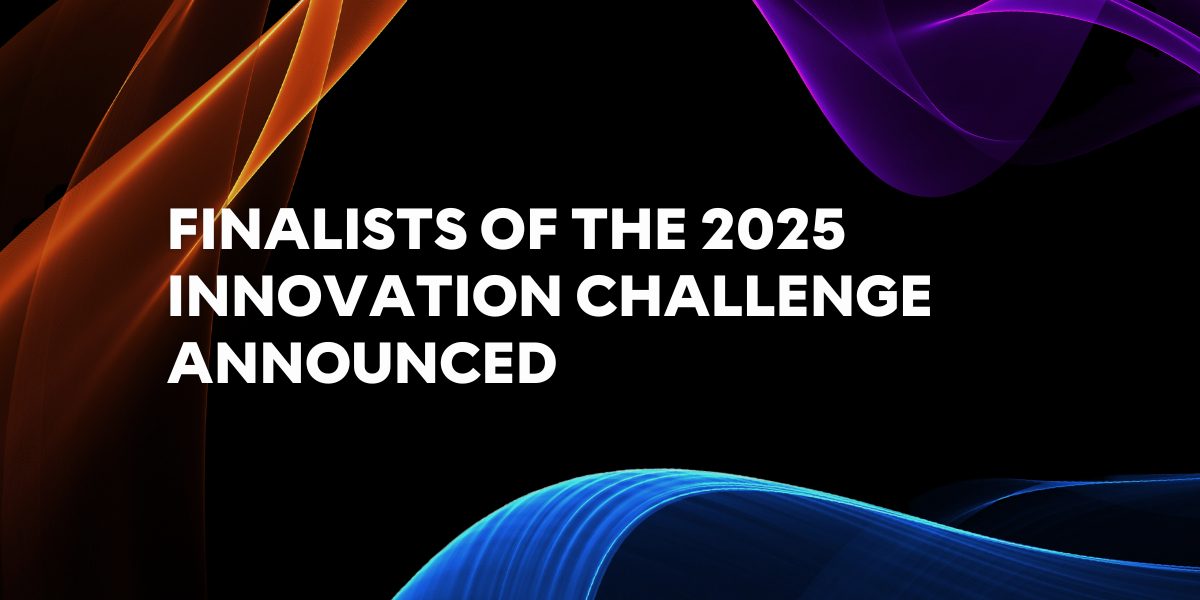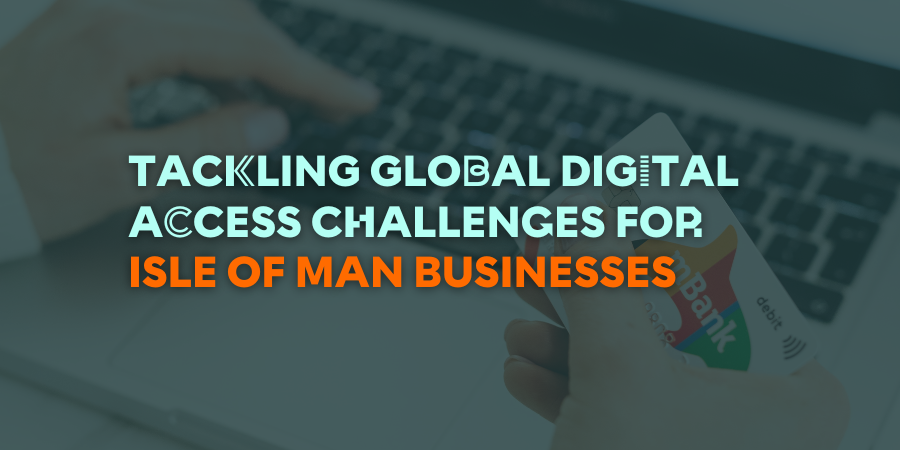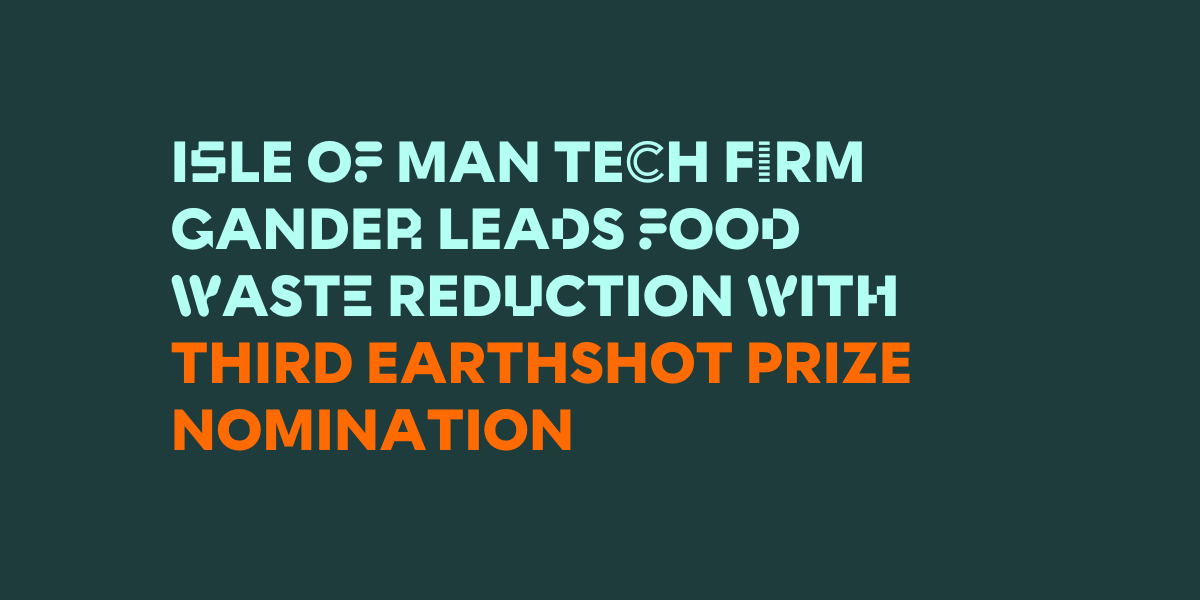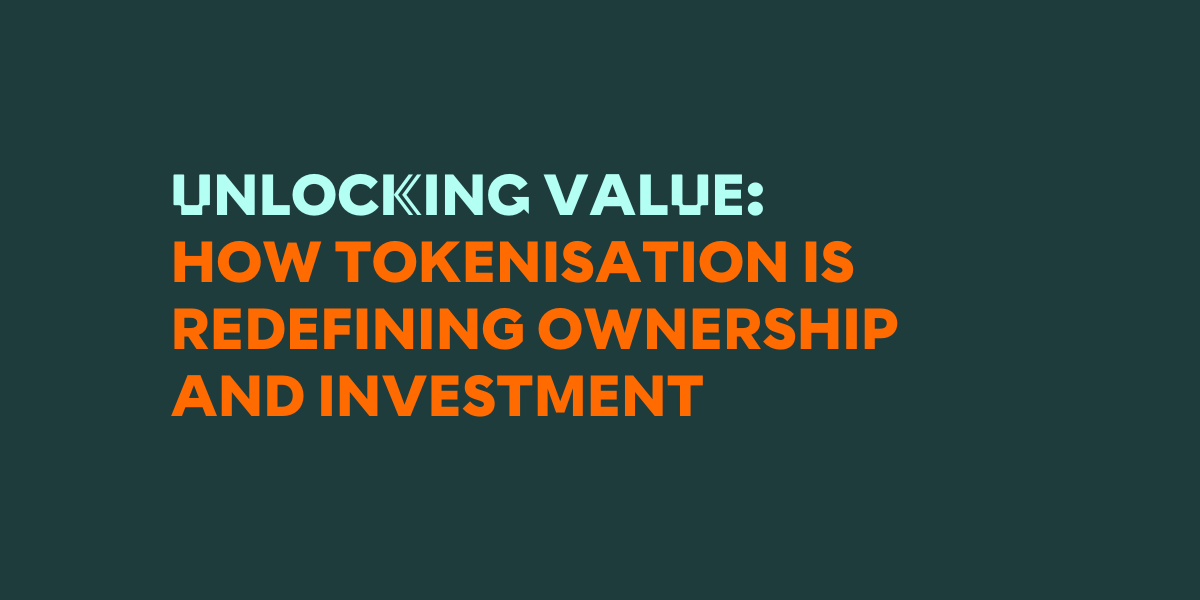WHAT IS FINTECH?
01 January 2023

Even if you don’t realise it, FinTech is likely a big part of your professional and personal day-to-day life. As with many emerging technology sectors, FinTech can be an ambiguous concept due to the sheer breadth of platforms, tools and services that fall under it. If you are asking yourself, “What is FinTech?” here is an overview.
FinTech, or financial technology, encompasses a wide range of technology-enabled financial services and products. These can be broadly categorized into:
- Payment and Transactions: Including technologies such as mobile payments, peer-to-peer (P2P) transfers, and digital wallets.
- Lending and Credit: Including platforms that offer alternative lending options, such as peer-to-peer (P2P) lending and crowdfunding.
- Wealth Management and Investing: Including robo-advisors, digital investment platforms, and other technology-enabled wealth management tools.
- Insurance and Risk Management: Including technology-enabled insurance products, such as usage-based insurance and digital claims processing.
- Personal Financial Management: Including personal finance management apps and other tools that help individuals manage their finances.
- Blockchain and Cryptocurrency: Including technologies such as blockchain, which is the technology behind Bitcoin and other cryptocurrencies.
- Regtech: Including technologies that help financial institutions comply with regulatory requirements, such as anti-money laundering (AML) and know-your-customer (KYC) regulations.
- Infrastructures & Platforms: Including technology platforms that enable other FinTech companies to build and offer their own financial services and products.
The challenge of FinTech as a subject, as you can see, is that it is quite broad and elements of it often overlap. There is also one other significant characteristic of FinTech in that the use of FinTech happens from two distinct perspectives:
- Transformational FinTech – this is largely when existing institutions use new technical components and embed these into their existing systems and procedures to produce efficiencies. The important requirement for this is access to those components, from wherever they emanate.
- Disruptive FinTech – this is largely where tech companies focus on a distinct product or market segment and apply technology to provide a solution that is free of any legacy and therefore can be highly focussed and leverage expertise in automation, user interfaces and social interaction to maximum effect.
It is a combination of both of these types that the Island needs to actively and strategically curate at the same time. This maintains a futureproofing of capability and relevance that will help us develop and maintain a position as an innovative but considered hub for FinTech.





